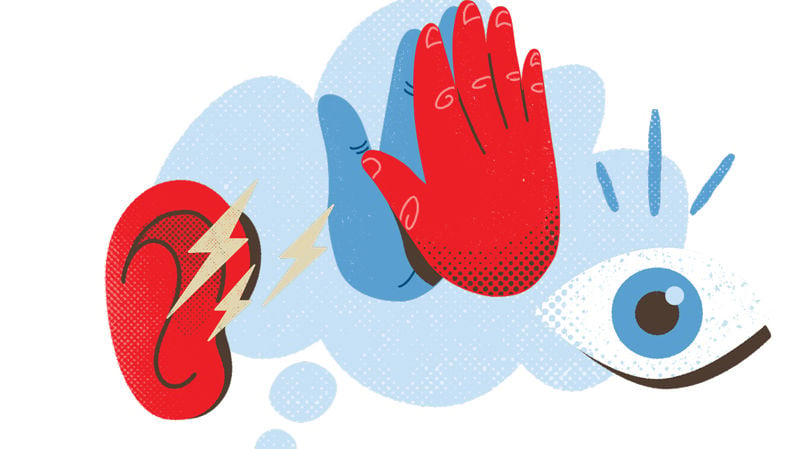Red Cross survey: The majority of people living in Finland have witnessed racism, but less than half intervene in it

According to a recent survey, 82% of people living in Finland say that they have witnessed or experienced racism directed against themselves or others. Of the people who responded to the survey, 61% feel that they know how to intervene in racism, while 45% of those who have witnessed racism say that they have intervened in it.
According to a survey commissioned by the Finnish Red Cross, in Finland racism is most commonly witnessed online, in the media and on social media services. This is the perception of 59% of the survey respondents. Racism in public spaces, such as shops, in public transport and on the streets, has been witnessed by 38% of respondents. Furthermore, 14% of respondents have witnessed structural racism in recruitment, the housing market or services.
“The structural racism in our society’s systems may be more difficult to detect than racist insults on the streets or on social media services. Because of this, we should strive to make structural racism, such as the favouring of Finnish names in recruitment, more visible. Discrimination in the labour and rental markets affects people's opportunities to progress in their lives,” says Sanna Saarto, planning officer of the Finnish Red Cross’ anti-racism activities.
Young people intervene the most in racism
According to the results of the survey, adolescents and young adults are the most confident when it comes to intervening in racism: more than half of the 15–24-year-olds who responded to the survey say that they have intervened in the racism that they have witnessed. Of this respondent group, 78% feel that they know how to intervene in racism when they encounter it. 51% of respondents over the age of 65 feel this way.
“It is good to see that adolescents and young adults are so confident in their ability to intervene in racism. However, this is not something that young people should bear the responsibility for alone. Young people themselves have also expressed hoping that adults would be more active in intervening in racism,” Saarto says.
According to the survey, racism has been most commonly tackled by challenging racist messages or speech, showing support for people who have experienced racism or intervening in the situation. In addition, more than one in five respondents say that they have intervened in discriminatory practices at their workplace or educational institution.
“Racism damages society as a whole and also affects those who are not directly targeted by it. I encourage everyone to intervene in racism in their daily lives. This can be done by interrupting racist jokes at the coffee table or by going to stand next to a person who is having racist insults hurled at them, for example,” Saarto encourages.
The survey on experiences of and intervention in racism (in Finnish) was commissioned by the Red Cross and carried out by Taloustutkimus. A total of 1,112 people responded to the survey, which was open from 12 to 27 February 2024.
The Red Cross’ Week against racism takes place on 18‒24 March 2024. The Identify and Act navigator released as part of the campaign allows anyone to test how they would react when witnessing racism. The navigator is available here.

Week against racism 17-23 March 2025
